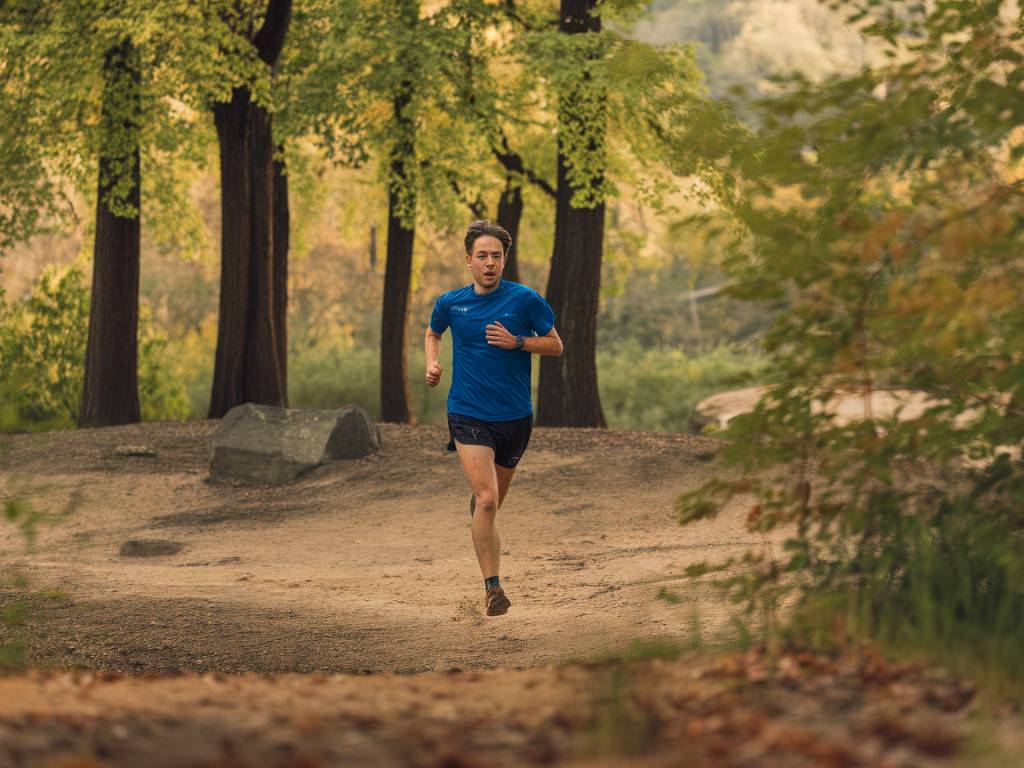The Link Between Cancer Prevention, Nutrition, and Physical Activity
Cancer is one of the most challenging health conditions of our time, but what if you could significantly lower your risk with simple lifestyle changes? According to numerous scientific studies, a combination of proper nutrition and regular exercise plays a crucial role in cancer prevention. But how exactly does this work? Let’s dive into the science behind these strategies and how you can incorporate them into your daily routine.
How Exercise Helps Reduce Cancer Risk
We all know that physical activity is beneficial for heart health and weight management, but its role in cancer prevention is equally impressive. According to the American Cancer Society, regular exercise can reduce the risk of several cancers, including breast, colon, and lung cancer.
Here’s how exercise makes a difference:
- Regulating Hormones: Exercise helps lower levels of certain hormones, like estrogen and insulin, which can contribute to cancer growth.
- Reducing Inflammation: Chronic inflammation is linked to various cancers, and physical activity helps reduce inflammatory markers in the body.
- Boosting the Immune System: Regular workouts enhance the body’s immune response, helping it detect and fight abnormal cell growth.
- Improving Digestion: Exercise speeds up digestion, reducing the time harmful substances stay in the gut, which lowers the risk of colorectal cancer.
How Much Exercise Do You Need?
You don’t need to become a marathon runner to reap the benefits. The World Cancer Research Fund suggests at least 30 minutes of moderate activity (like brisk walking, cycling, or yoga) five days a week. If you can push for 60 minutes daily, even better! Strength training at least twice a week is also recommended to maintain muscle mass and metabolism.
Top Cancer-Fighting Foods to Include in Your Diet
Your plate is just as powerful as your workout routine when it comes to cancer prevention. Numerous foods have been identified for their protective benefits, thanks to their high content of antioxidants, vitamins, and fiber.
Here are some key foods to incorporate into your diet:
- Cruciferous Vegetables: Broccoli, cauliflower, and Brussels sprouts contain sulforaphane, a compound that may help reduce cancer risk.
- Berries: Blueberries, strawberries, and raspberries are packed with antioxidants like anthocyanins, which help protect cells from damage.
- Leafy Greens: Spinach, kale, and Swiss chard provide high amounts of fiber and carotenoids that may help block the early stages of cancer.
- Fatty Fish: Salmon, sardines, and mackerel are rich in omega-3 fatty acids, known for their anti-inflammatory properties.
- Turmeric: This golden spice contains curcumin, a compound with strong anti-cancer properties.
- Garlic and Onions: These sulfur-containing vegetables have been linked to lower risks of stomach and colorectal cancers.
What to Avoid: Cancer-Promoting Foods
Just as some foods protect against cancer, others can increase the risk. Processed and ultra-processed foods, high-red meat consumption, and excessive sugar intake have been linked to higher cancer rates.
Try to limit or avoid:
- Processed Meats: Bacon, sausages, and deli meats contain nitrates and preservatives that have been classified as carcinogenic by the WHO.
- Excess Red Meat: While the occasional steak is fine, consuming large amounts of red meat has been associated with colorectal cancer.
- Sugary Beverages: High sugar intake contributes to obesity, which is a major risk factor for cancer development.
- Trans Fats and Fried Foods: These promote inflammation and oxidative stress, which may increase cancer risk.
The Role of Gut Health in Cancer Prevention
Your gut microbiome—the collection of bacteria in your digestive system—plays a vital role in overall health, including cancer prevention. A diet rich in fiber, fermented foods, and probiotics promotes a healthy gut, which helps regulate inflammation and immune function.
For a healthy microbiome, include:
- Fermented Foods: Yogurt, kefir, sauerkraut, and kimchi provide beneficial probiotics.
- Fiber-Rich Foods: Whole grains, legumes, and fruits support good bacteria growth.
- Green Tea: Contains polyphenols, which contribute to gut health and may reduce cancer risk.
Combining Exercise and Nutrition for Maximum Protection
While nutrition and exercise independently reduce cancer risk, combining the two provides an even greater defense. A healthy diet fuels physical activity, while regular exercise enhances nutrient absorption and metabolism.
To optimize both, consider these daily habits:
- Start your day with movement: A morning walk or yoga session sets the tone for an active day.
- Hydrate properly: Water helps flush out toxins and keeps cells functioning optimally.
- Meal prep smartly: Batch-cooking healthy meals prevents last-minute poor food choices.
- Limit sedentary time: If you work at a desk, stand up every hour and move for a few minutes.
Final Thoughts
Preventing cancer isn’t about drastic changes but about consistent, sustainable habits. By adopting an active lifestyle and making smart dietary choices, you can significantly reduce your risk of developing cancer over time. Your body—and your future self—will thank you for it!



